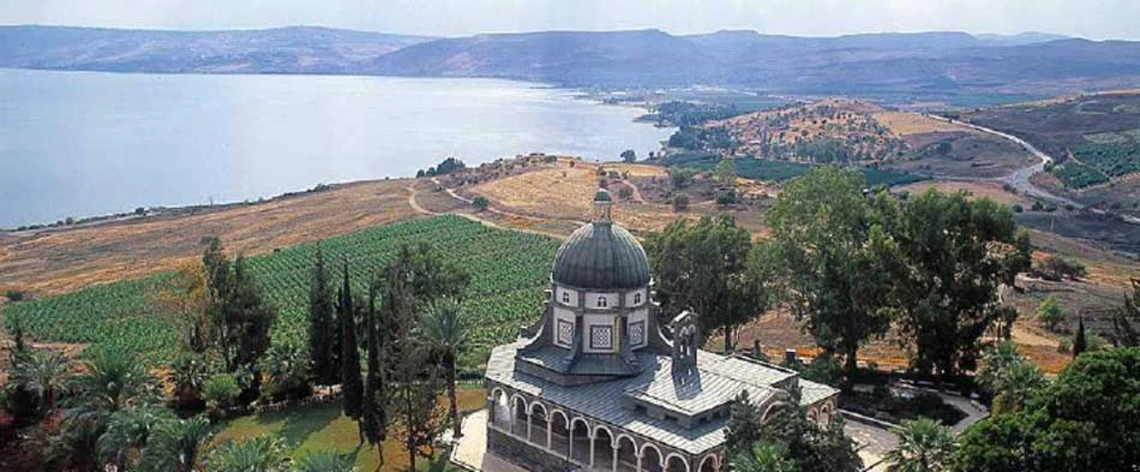Image

When
to
Where
WRRC Sol Resnick Conference Room (350 N. Campbell Ave.)
Speaker(s)
Dr. Alon Rimmer
Israel Oceanographic and Limnological Research, Lake Kinneret Limnological Laboratory
The Sea of Galilee (Lake Kinneret) supplies 30% of Israel's drinking water. The salinity of the lake, which fluctuates between 190 and 280 mg Cl- /L, is significantly higher than the salinity of surface streams that flow to the lake. The high salinity is mainly derived from saline groundwater that emerges through off-shore and on-shore springs along the coast of the lake. Since the operation of the “National Water Carrier” (canal and pipes diverting Sea of Galilee water to the entire country) began in 1964, the Sea of Galilee’s salinity has been causing major environmental problems. The presentation will describe the history and nature of the salinity problem, and outline management and operational measures.
Alon Rimmer, who is spending a few months in Tucson, is a senior scientist at Israel Oceanographic and Limnological Research (IOLR). His expertise includes physical monitoring and a system approach to hydrological and limnological modelling; aspects of lakes water-solute-energy balances; lakes salinization processes; lake stratification and its effect on lake chemistry and biology, and various aspects of physical-environmental modelling. He is also a consultant to the Israeli Water Authority, the Society for the Protection of Nature in Israel, the Israeli National Park Authority, and to many environmental engineering companies. Alon Rimmer has published over 60 articles in the peer reviewed literature and chapters in edited books.

